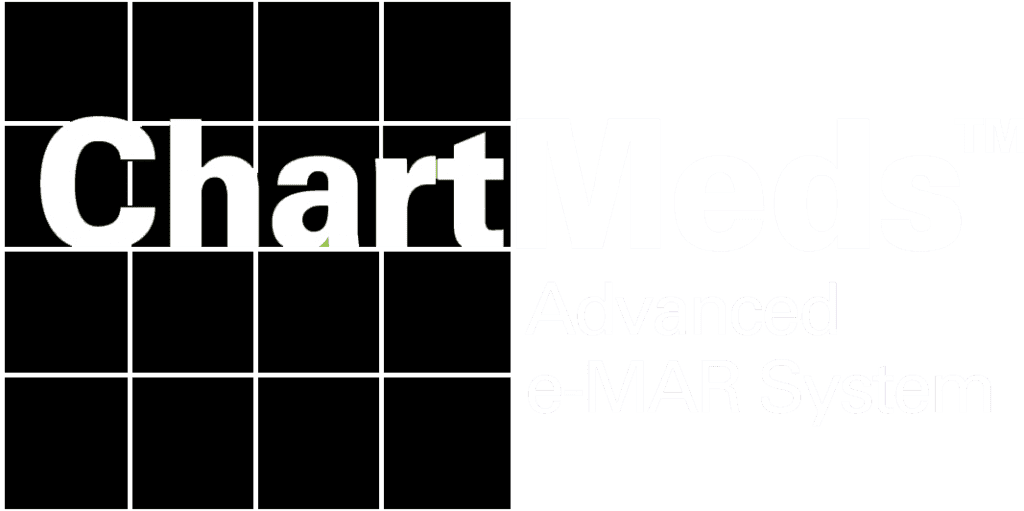Every day, healthcare organizations generate valuable data points that can be leveraged to streamline operations and reduce expenses.
To make informed decisions that improve operations and patient outcomes, healthcare teams need to constantly gather and assess data. However, without a system that reliably synthesizes and tracks information in real-time, large data blocks remain largely untapped resources.
That’s where business intelligence software comes in.
Business intelligence (BI) consists of the strategies and tools that organizations use to transform large, unwieldy data collections into comprehensible, useful information.
Here are the benefits enjoyed by healthcare teams that embrace business intelligence to improve operations.
Real-Time Insights Into All Aspects of Hospital Business Operations
Business intelligence software presents large amounts of data as crystal-clear graphical visualizations.
Turning data into easy-to-understand charts and figures equips a medical team’s decision-makers to:
- make better use of budgets
- more effectively coordinate staff schedules
- gain a more nuanced understanding of patient needs
If your organization is experiencing certain pain points or deficiencies, your BI software reports will bring them to light. For example, it may become clear that certain purchases or processes are taking up an unreasonable share of their budget. Or, you may learn that a certain budget is repeatedly overextended during the same part of every month.
You’ll see the exact sources of problems and the intricacies of the patterns that drag down operations. Then, you can leverage your BI data to create strategies for correcting inefficiencies and reducing risks.
Empower Providers to Improve Patient Care
Business intelligence brings powerful objectivity to patient care data. This helps care providers to overcome blind spots and makes it easier to identify patterns and notice causes for concern.
Healthcare provider teams that leverage BI are more informed and better equipped to approach care holistically. BI data improves a provider’s ability to detect areas that need improvement and develop targeted interventions based on trends.
These advantages also improve communication between administrators and care providers, because objective data helps professionals of different backgrounds to clarify complicated ideas and requests.
Develop Performance Benchmarks
Goals for future performance are most useful when they’re rooted in established benchmarks of past performance.
BI helps providers and administrators set benchmarks by presenting a nuanced perspective on past performance. Your team will be able to evaluate how well your staff is performing, the success rates of certain interventions and procedures, and the cost-effectiveness of certain decisions and operating methods.
Identify Opportunities to Improve Equipment
Business intelligence healthcare data reveals equipment inefficiencies that could otherwise go undetected for years. This includes inefficiencies in time spent or costs accrued to operate a piece of equipment. Exposing these operational issues may reveal that it’s time to update or replace a piece of equipment or to reevaluate the frequency of its use.
For example, an outdated machine may require an excessive amount of time to set up. Replacing the machine may be cost-effective thanks to the time saved per instance of use.
Or, an electronic health records (EHR) software system may be too slow or lacking in key features. BI data can reveal how much time and budget is being lost due to sticking with an old system, helping your team decide whether or not it’s time to invest in an upgrade.
Coordinate Cross-Department Care
By updating single-source databases in real-time, BI software improves the shared access to patient data across departments. This streamlined data access improves communication between provider teams, reduces errors, and improves patient outcomes.
Business intelligence software that transfers information efficiently across departments can be used to reduce redundancies, such as duplicate tests and procedures.
Forecast Future Needs
Organized data reveals trends and patterns that make it easier to plan for the future.
By tracking the past demand for certain services, resources, and staffing levels, administrators can anticipate the upcoming ebbs and flows of similar demand patterns. This data can be leveraged to plan ahead for hiring, scheduling, and product purchasing.
Get Business Intelligence Software for Your Hospital
Is your healthcare system in need of new management software? Harris Integrative can help your team streamline the data collection process to enable more efficient analysis and faster, better decision-making.
We develop innovative healthcare management software solutions that are specifically designed to meet the needs of rural and community hospital systems.
To learn more, schedule a 15-minute call with our team today.









